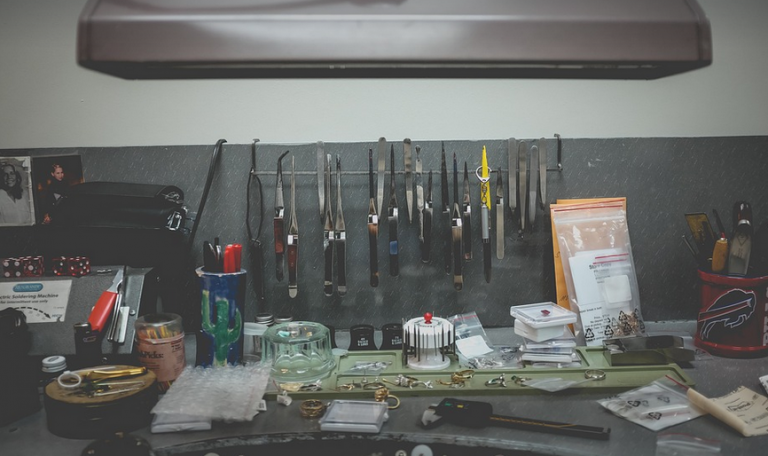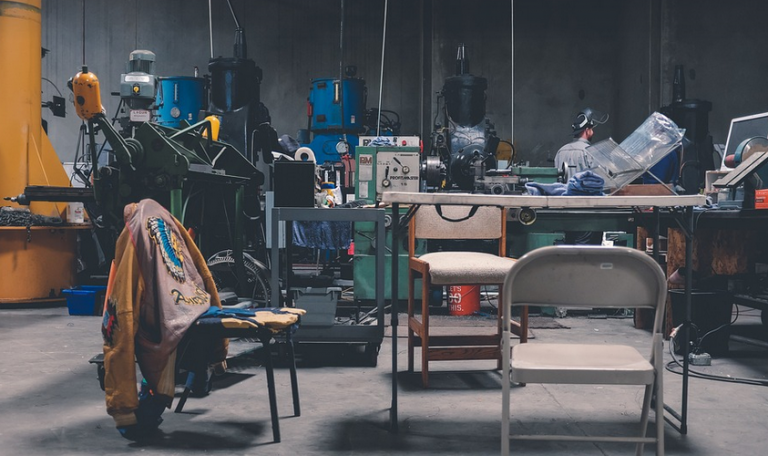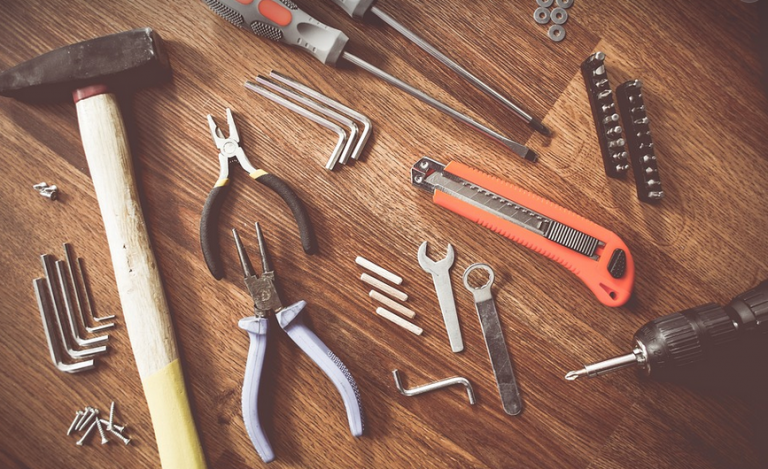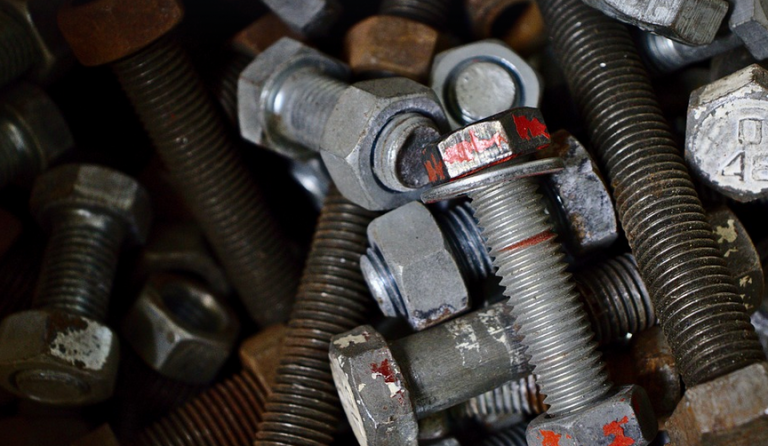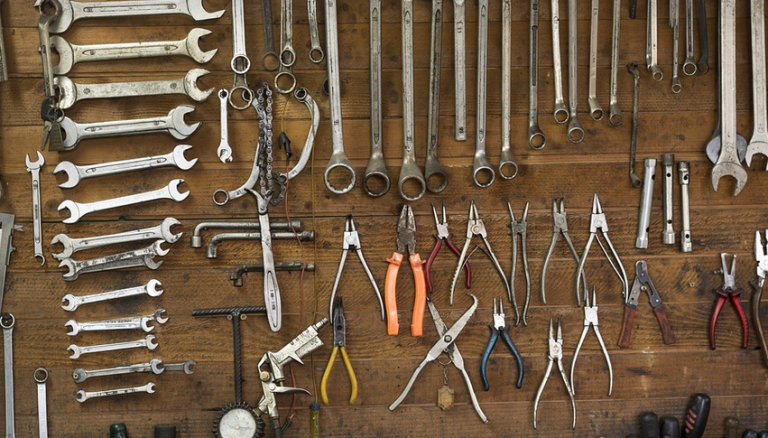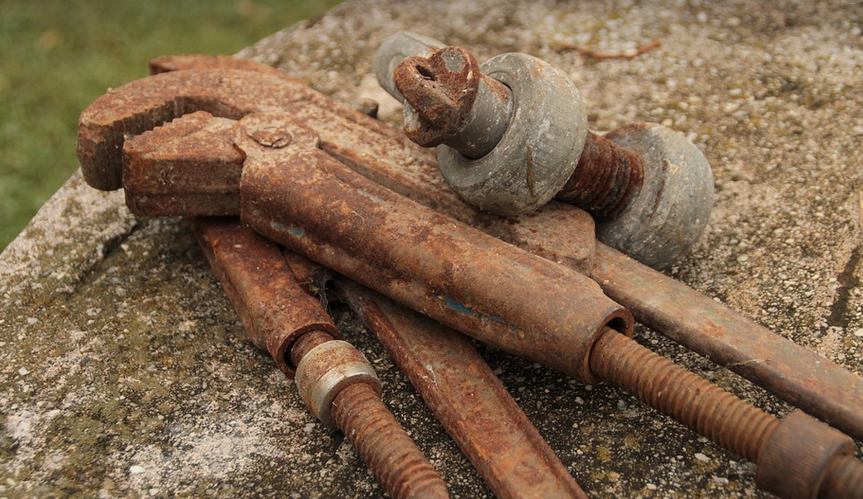
Is Your AC Taking You for a Ride this Summer?
You’re likely sweating it out right now, wondering about the cost of replacing your old HVAC system. Whether you’ve got an aging heat pump or a struggling air handler, taking control of these costs can feel like a huge hurdle. But fear not! Understanding the factors that influence these prices will help you navigate this complex process with confidence.
Replacing your heat pump and air handler is a significant investment, both in terms of upfront cost and ongoing maintenance. But before you dive into the financial depths, let’s unpack what influences those costs. Let’s explore why replacing these systems can be such a big decision financially, but also how to get better informed estimations for your own situation.
We know it feels like the air conditioner is working overtime and that might have led you down a winding path of frustration. But before you start counting every penny in your savings account, let’s understand these complex costs can vary widely based on factors like where you live, the size of your house, and even the brand of the new heat pump or air handler.
First things first, location plays a role in determining those costs. For example, if you live in a city with high demand for HVAC services, expect prices to be higher. But don’t worry; you can typically find local contractors who offer competitive rates to help you stay on budget.
Next up is your house’s size and unique needs. A bigger home requiring more insulation and a larger heating load will naturally command a higher price tag for both the installation and the unit itself. If you have specific requirements like ductwork or custom features, those can also significantly impact the final cost.
Now let’s get into what influences the actual cost of these units. The brand and efficiency level of the new system are key factors to consider. For example, energy-efficient models with a higher SEER (Seasonal Energy Efficiency Ratio) rating or a higher EER (Energy Efficiency Ratio) will generally be more expensive upfront.
But rest assured, these units also come with a significant return on investment in the long run. These high-efficiency systems typically use less energy to accomplish the same task as older models, leading to lower monthly utility bills and even tax credits or rebates that can help offset your costs. The savings you see will pay off throughout the years.
Remember, these are just general averages. Always factor in individual contractor charges, sales tax, permits required for installation, and any additional services like ductwork adjustments and testing after the installation.
So, how much can we realistically expect to pay for a replacement? Well, let’s break down some average cost estimations based on different factors. A basic heat pump replacement with a modest SEER rating could range from $5,000 to $8,000. For a more advanced model with higher efficiency and features, the price tag might climb up to $12,000 or even more depending on your desired unit.
Now, let’s talk air handler replacement. This is where things get interesting. Since these units are smaller than heat pumps and typically have less complex installation requirements, a basic air handler replacement can cost anywhere from $500 to $2,000 per unit. But if you need an upgrade or higher-efficiency model, the price point may go up even further, reaching around $4,000 to $6,000.
Remember that these are just estimates and can fluctuate significantly depending on your individual circumstances. Always ask for detailed quotes from multiple HVAC specialists in your area, as they can provide more personalized pricing based on your specific needs and local market conditions.
Don’t be intimidated by the cost of replacement. Proper planning and research will make this process less daunting, and ultimately lead to a more comfortable and energy-efficient home. By understanding these factors and gathering accurate quotes from qualified professionals, you can navigate this process with confidence and get the most out of your investment.
As always, remember that choosing the right HVAC system is about finding the best balance between cost, efficiency, and long-term value. Don’t forget to prioritize energy-saving features in your new system to reduce operating costs over time.
